To almost no fanfare, July 9, 2021 will become one of the more interesting days of the year. One of the key players that brought us Event 201, a high level global pandemic simulation that took place on October 18, 2019, just a few months prior to the real thing, is now bringing us this:
What exactly is Cyber Polygon? Here's the answer according to the World Economic Forum:
"Cyber Polygon is a unique cybersecurity event that combines the world's largest technical training exercise for corporate teams and an online conference featuring senior officials from international organisations and leading corporations.
The 2021 conference discusses the key risks of digitalisation and best practice for the secure development of digital ecosystems.
The 2021 technical exercise builds and tests the skills needed to protect our industries, centring on a targeted supply-chain attack."
Boiling it down to three words, Cyber Polygon is all about global cyber resilience.
Here's what the WEF's Executive Chairman, Herr Klaus Schwab had to say about the necessity for the Cyber Polygon exercise:
The exercise was also held in 2020, involving 120 teams from 29 nations with 5 million spectators from 57 nations. Here are the partners for the 2020 exercise:
Here are the industries that were involved in 2020:
The 2021 edition of Cyber Polygon will involve 120 organizations from 29 nations and participants will take part in two scenarios.
Here are this year's partners:
Here are the information partners:
Here are this year's participants:
Note the lack of American financial institutions and major corporations (other than IBM) among the participants.
Here are some of the topics that will be discussed noting that "fake news" is among those topics:
During the exercise, two scenarios will be undertaken. Here is a graphic showing the training structure and the roles to be played by each team:
Here is scenario 1:
Here is scenario 2:
While you are digesting all of this information, let's think about the exercise and its potential repercussions. While you are doing that, please keep in mind that in January 2020, no one would have guessed that the world would be living through the 16th month of a global pandemic that resulted in the most severe economic and societal lockdown in history. Given that we are increasingly living our lives online and that the economy has become nearly totally dependent on the digital infrastructure for its health and survival, anything that compromises the integrity of the world's digital infrastructure could prove extremely problematic. An effective attack on the digital infrastructure would impact global financial systems including all of the world's central banks, government IT systems, energy infrastructure, hospitals and health care in general, water treatment facilities, military and defense operations, not to mention the Internet of Things and the Internet of Bodies. All of that said, given the WEF's links to Event 201 and its meddlesome nature when it comes to the pandemic and vaccine narrative, is this really the organization that we want "protecting" the global digital infrastructure? As well, with the increasing moves toward central bank digital currencies, is it possible that a cyberattack could be used as the catalyst that ends up pushing the world into a cashless future? One also has to wonder if this exercise is being undertaken to protect the global digital infrastructure for our benefit or to ensure the viability of Schwab's dystopic vision of a transhumanistic world where the digital world and the human world meld?
You can publish this article on your website as long as you provide a link back to this page.

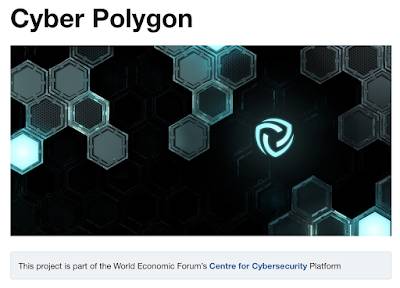
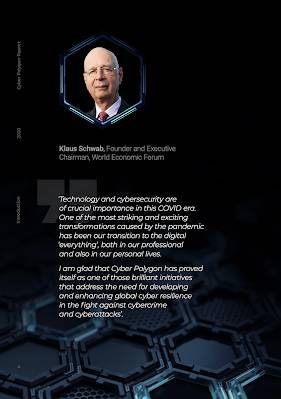
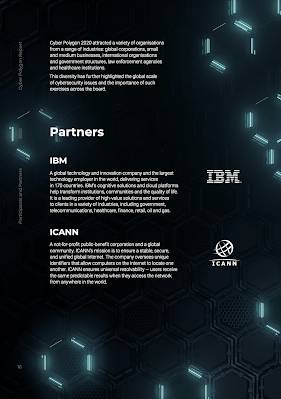
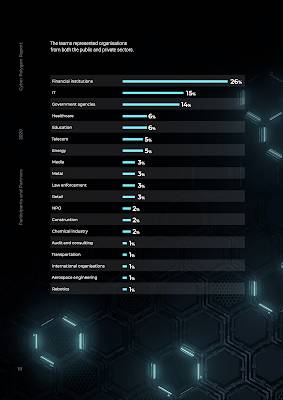
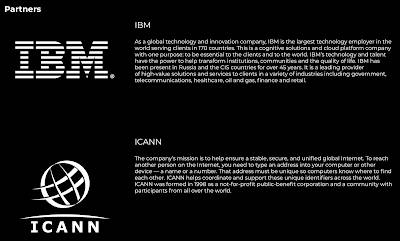
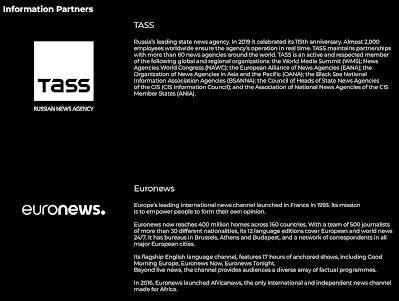
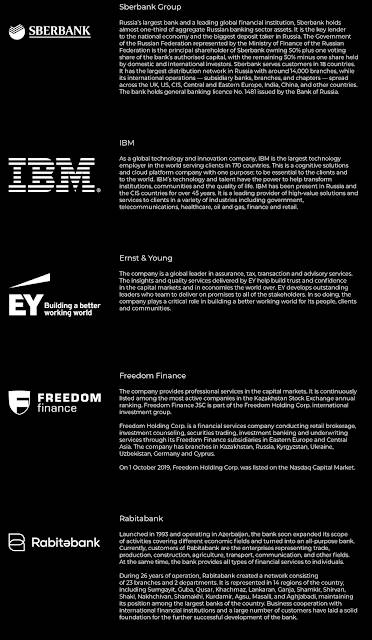
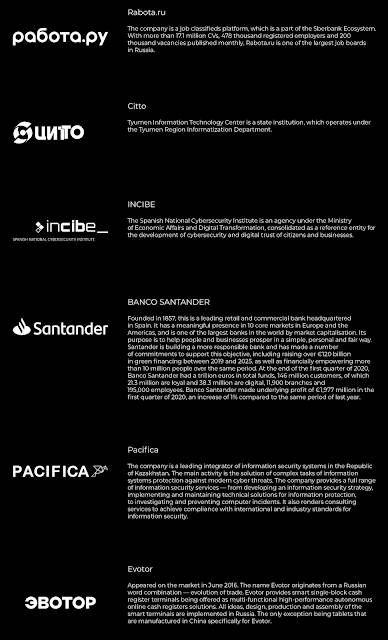
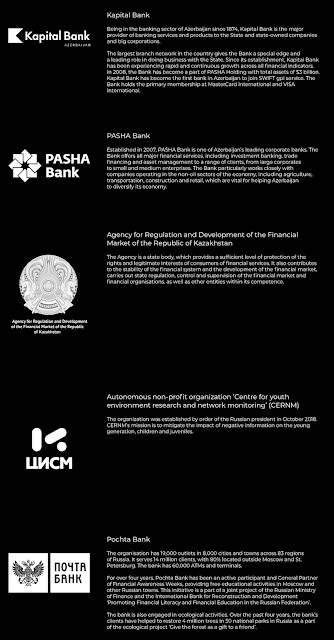
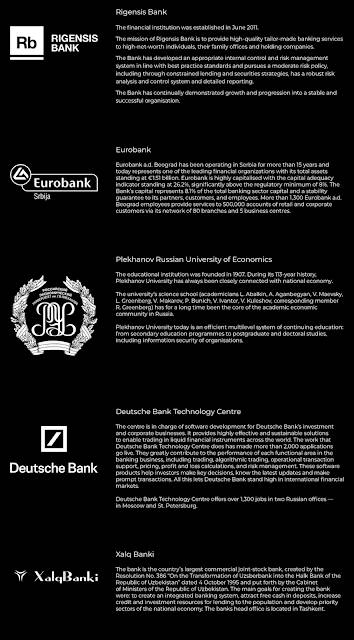
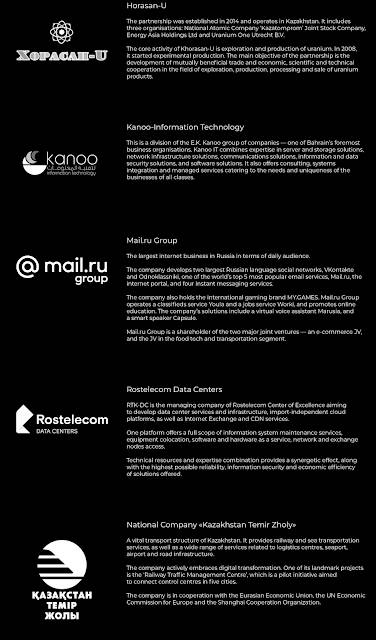
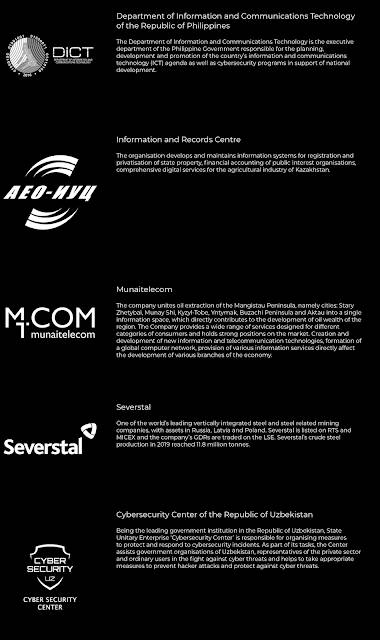
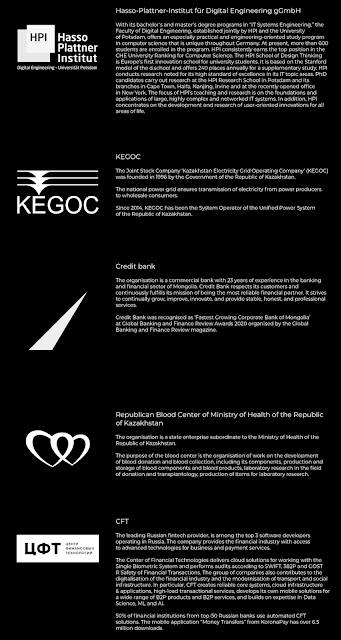

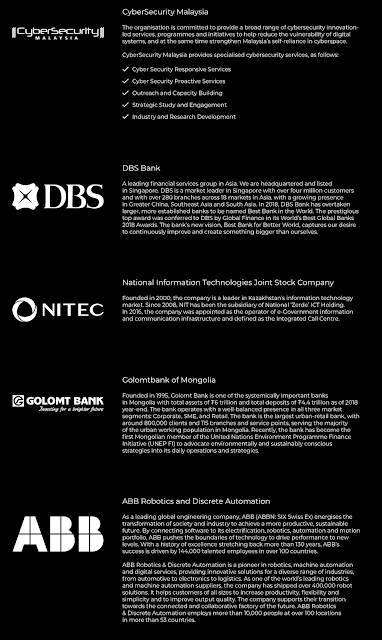
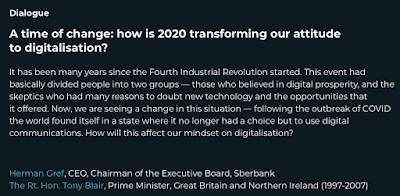
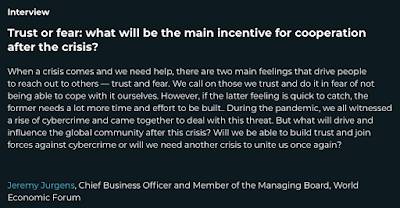
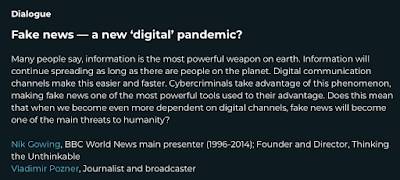
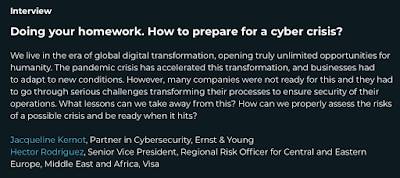
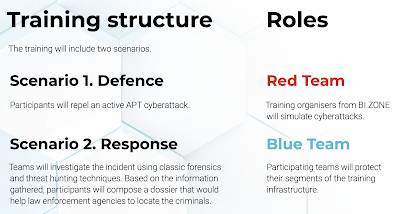
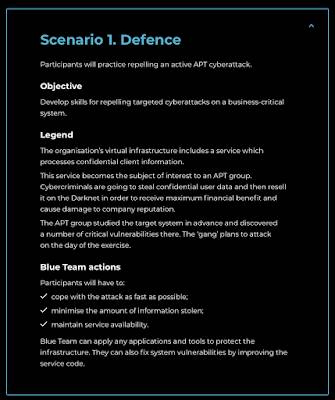
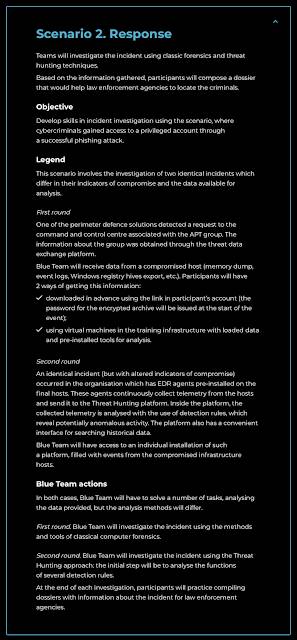
Be the first to comment